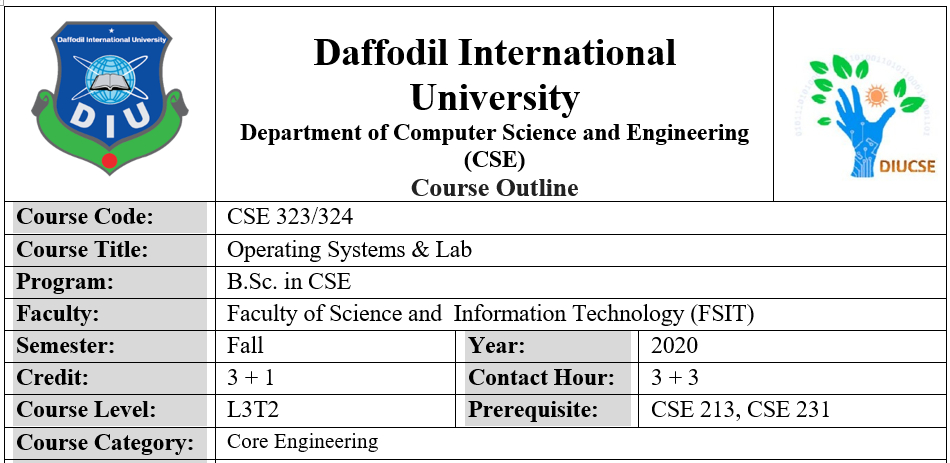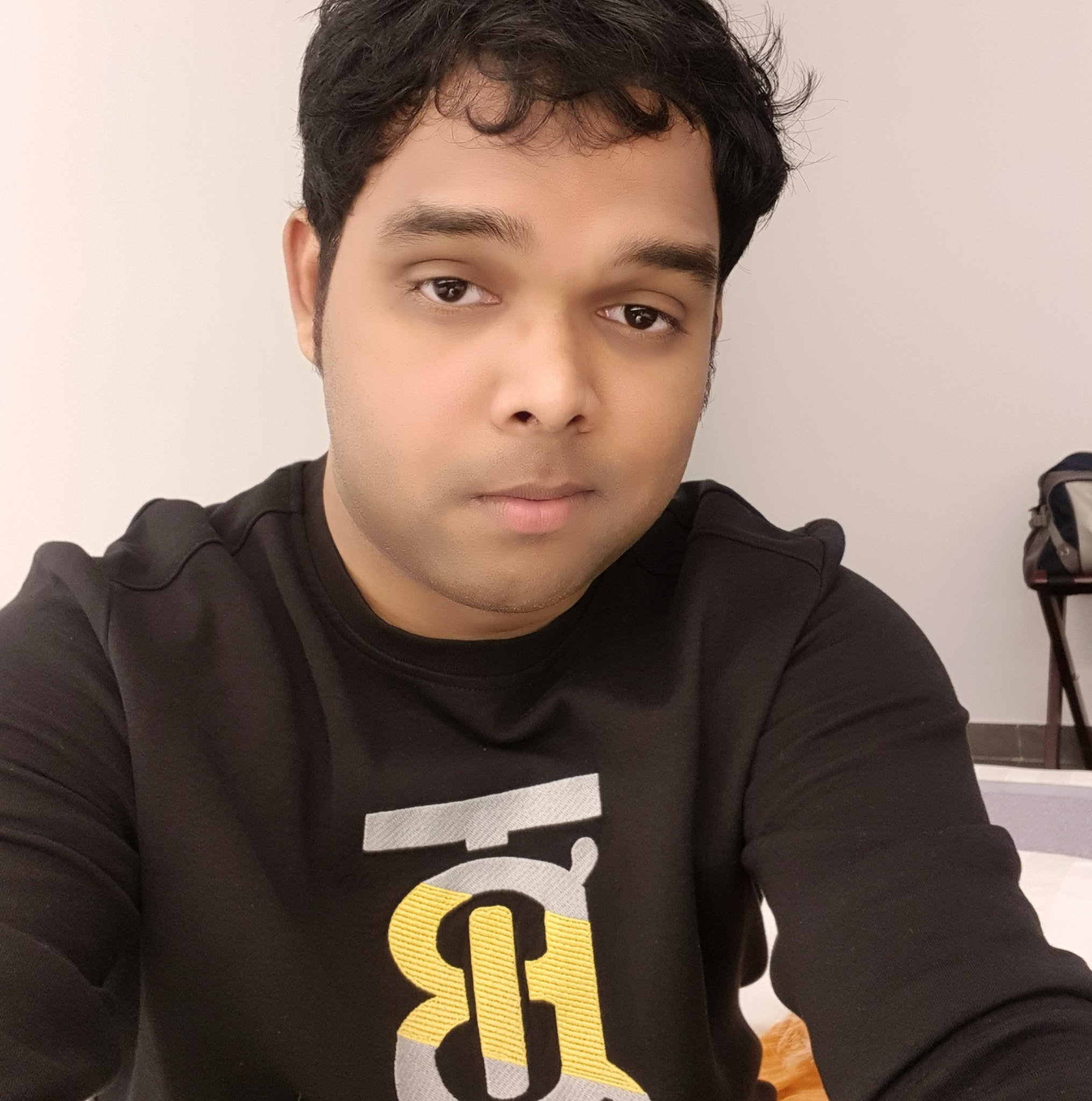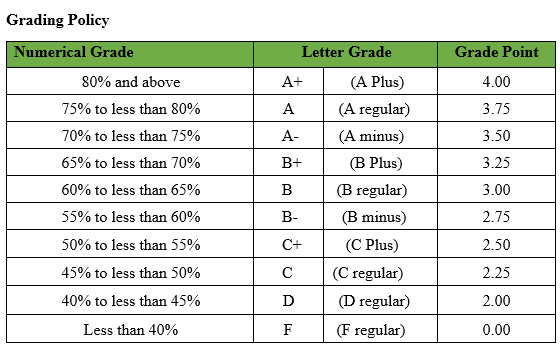Section outline
-

Dear Students,
Welcome to Operating System & Lab (CSE 323/324). I am Raja Tariqul Hasan Tusher, Senior Lecturer, Department of Computer Science and Engineering (CSE) and I am your instructor in this course. In addition to welcoming you to the course, I would like to say "Online courses provide a different way to study and place different skills from students". I will provide you the necessary support during the course to successfully complete this course.
Let's move together with your Love & Cooperation.

-
Welcome to my Class of Operating System




